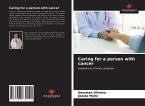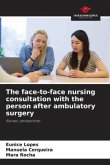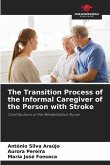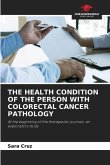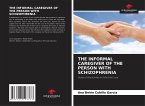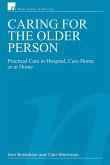Vascular access represents one of the main causes for mobilizing financial resources in people with end-stage renal disease. The literature shows the contributions that nurses can provide in the identification of problems or complications that may compromise the arteriovenous fistula in people on regular haemodialysis programme. We present a conceptual framework for the practice of caring for people with arteriovenous fistula, which allows structuring and organising nursing interventions.This framework allows reorganising the practice of caring for people with arteriovenous fistula through the development of certain areas of attention in care. Simultaneously, it contributes to the development of cognitive and behavioral skills that allow dialysis nurses to effectively assess and interpret the objective data of the AV fistula and monitor, articulating them with the subjective data obtained through interaction with the patient, so that their practice continuously expresses a high level of quality of nursing care.
Hinweis: Dieser Artikel kann nur an eine deutsche Lieferadresse ausgeliefert werden.
Hinweis: Dieser Artikel kann nur an eine deutsche Lieferadresse ausgeliefert werden.


